Introduction
The entrepreneur behind Tesla and SpaceX, Elon Musk, is once again in the headlines for offering to acquire the leading AI research lab, OpenAI, for a staggering $97 billion. As the founder of Tesla, one would question his motives, however, In this article, I will try to summarize why Musk would pay so much for Open AI and what impact it would have on the fusion of AI business as well as technology
The 97 Billion Dollar Bid: The Impact of the Offer
Musk’s $97 billion proposal to acquire Open AI has emerged as news among missed pro investors, tech lovers, and Artificial Intelligence specialists. Why is this news now? This is now news for several reasons, let’s try to unlock the relevant points.
The Background Of The Offer: OpenAI’s Board of Directors and Elon Musk
Musk has a lot of connections with OpenAI. Together with Sam Altman and other notable entrepreneurs, he served as a co-founder of the company in 2015. Later, in 2018, he had to resign from its board as a result of diverse Tesla’s conflicts of interests. However, although he did leave the board, he still retained an interest in AI, especially on ethical and humanitarian grounds.
Why $97 Billion? Breaking Down the Value Proposition
The figure of $97 billion is simply not a number pulled from thin air, rather, that cash offer is based on an estimated future value OpenAI will hold, its current market standing, and the increasing need for AI-driven solutions. This valuation puts OpenAI alongside the most valuable technology companies in the world. But for Musk and his companies, what value does this proposition hold?
1) OpenAI’s Growth and Market Position
From the very beginning, OpenAI has been a front-runner in AI. The company aims to guarantee that artificial general intelligence (AGI) will aid all of humanity. With the development of GPT-3 and the immensely popular ChatGPT, OpenAI has made a valuable position in the AI industry.
2) OpenAI’s Impact on AI Technology
OpenAI has completely transformed the application of artificial intelligence to real-life challenges. Their models, especially GPT-3, have demonstrated tremendous capabilities, which include generating human-like text and even aiding in Healthcare, Education, and Entertainment.
The Success of ChatGPT: What Is ChatGPT and Why Is It So Popular?
OpenAI’s progress with ChatGPT is possibly the most remarkable to date. Millions of people around the world use this model, and it has now become a household name in the tech industry. Its success is a contributing factor to OpenAI's increasing valuation, making it a likely and attractive asset target for Musk.
Why Would Someone Want to Acquire OpenAI? What Are Musk’s Objectives?
What motivated Elon Musk to acquire OpenAI in the first place? What is it that he hopes to achieve with this? Let’s address his expectations in further detail.
1) Musk Voice’s AI Concerns and The Ethical Puzzle
Elon Musk is no stranger to voicing out his concerns about AI and its associated dangers. In his view, AI must be handled responsibly and with caution to prevent undesirable outcomes. With the potential acquisition of OpenAI, Musk will have the ability to shape its R&D efforts to suit his aspirations.
Competitive Landscape: The Strategic Gateway of OpenAI
Considering the wild investments by other tech players such as Google, Amazon, and Microsoft into the AI space, it wouldn't be too far-fetched to think that Musk considers OpenAI to be critical to his competitiveness. Acquiring OpenAI puts Musk at the front of the lie and gives him a leg up in claiming multiple industries.
The Potential Upsides of the Acquisition
As with any other purchase, there is a hub of benefits that come along with Musk buying up OpenAI. Let's explore these.
1) AI Application in Space Exploration and Other Musk Ventures
Musk's companies, SpaceX and Tesla, are already leaders in their competitive edges. Applying the capabilities of OpenAI to these efforts could very well accelerate his goals for space travel, self-driven automobiles, and new battery technologies.
2) Cross-Functional Applications of OpenAI’s Technology Across Musk-owned Companies
OpenAI’s technology would be beneficial to nearly all of Musk's companies, which in turn would increase innovation and productivity. From improving automation in Tesla’s cars to powering SpaceX's missions, OpenAI stands to greatly benefit the future of Musk's empire.
Complications and Downsides of the Acquisition
In as much as the acquisition offers prominent possibilities, there are hurdles and challenges that accompany it.
1) Public Objection and Moral Issues
Musk’s acquisition of OpenAI may evoke public criticism, especially regarding the ethics of AI development being consolidated to a single individual. Opponents argue that such authority poses risks of reckless outcomes and a lack of responsiveness.
2) The Risk of Market Monolopy
The acquisition has the potential to change the AI industry, resulting in a possible monopoly. This scenario does not only pose questions regarding competition but also the possibility of innovation and advancement for years to come.
What are the Implications of the Acquisition on OpenAI’s Future?
It is clear that Musk’s acquisition of OpenAI will come with many changes in the company. From changes in the C-suite to changes in the AI research paradigm, let us examine how OpenAI may change.
1) Changes in the Organization’s Leadership and Structure
Musk’s purchase might lead to changes in the structure and leadership of OpenAI as he will, thereafter, have the power to dictate the organization’s future direction by prescribing a new executive leadership team.
2) The Future Direction of Research and Development at OpenAI
Under Musk, the focus of research within OpenAI might shift to prioritize his other interests. For instance, there will likely be more focus on the safe and controlled alignment of AI systems with the worldview and philosophy of Musk.
3) The Perspective of Other Stakeholders in the Merger
OpenAI’s stakeholders are also at risk because Musk’s offer has the potential to change many aspects of the company.
Investors and Employees: What is the Risk?
Investors and employees at OpenAI stand to lose the most from the acquisition. First, shareholders will be forced to determine whether Musk’s offer is better than the value he stands to extract from the company, while employees will have to brace themselves for company culture changes and possible layoffs.
Government Policies and the Possibility of Scrutiny
Musk’s takeover is likely to face some sort of legal condition or extra supervisory based on the existing concern about AI’s influence on society. Because of the existing concern of AI concerning society, legal bodies, and governments are likely to supervise Musk’s acquisition more strenuously.
What Lies Ahead For Elon Musk’s AI Dream?
From Musk’s current standpoint, his change of control over OpenAI is likely to initiate a Tech shift in AI. We will analyze the impact of Musk’s AI vision on different sectors and the broader society.
Conclusion: Examining the Calculated Risks
Musk's offer of $97 billion for the acquisition of OpenAI is not only bold, but it also strategically places him in a position to shape the artificial intelligence sector, and it is only a matter of time before implications further ripple throughout its landscape. Whether it is furthering his other projects or aiding in the ethical management of AI, this takeover is perhaps singlehandedly the most crucial step of Musk's ever-evolving vision of vertical integration of technologies. As the advances unfold, this is bound to activate several changes in the field Musk will be keeping a close eye on.
FAQ
1. How much does Elon Musk's offer to takeover OpenAI stand at?
OpenAI, a frontrunner in the AI industry, is known for its milestones, such as GPT-3 and ChatGPT, and Musk is willing to pay an astounding $97 billion to acquire it.
2. What informs Musk's interest in OpenAI?
Musk's curiosity stems from the visionary implementation of AI technology and its further potential utilization in his other business ventures, such as SpaceX and Tesla.
3. What effects will the acquisition have on the future of OpenAI?
OpenAI stands to lose talent due to the merger, which could shift the focus back onto AI research instead of marketing the company's products and result in further selling of their technologies to other companies.
4. What are some of the acquisition's downsides?
Public outcry over ethical issues, impending regulatory investigations, and widespread pro-competition will arguably be comforted by the takeover because there are several meshed variables concerning the deal.
5. In what ways will this change AI R&D?
This acquisition may transform the course of AI research, possibly boosting Musk’s opinions surrounding safety, control, and ethics.
6. Is there a possibility of job loss within OpenAI post-acquisition?
This is unknown. However, changes in leadership and the organization of the company as a whole can result in some OpenAI employees losing their positions.


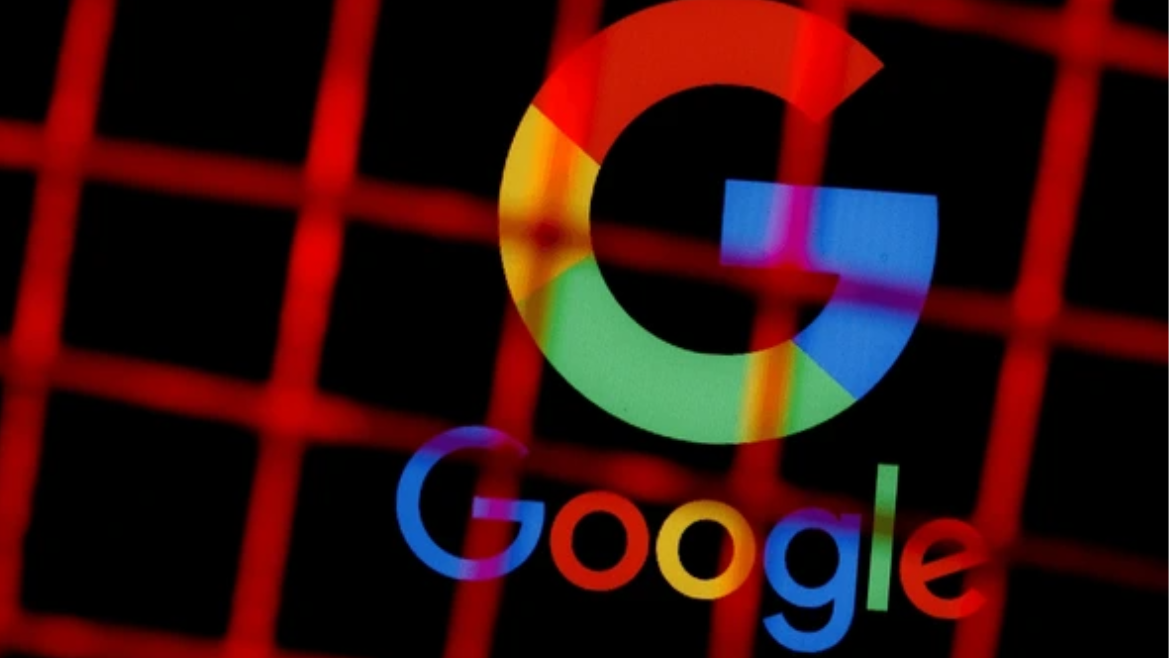

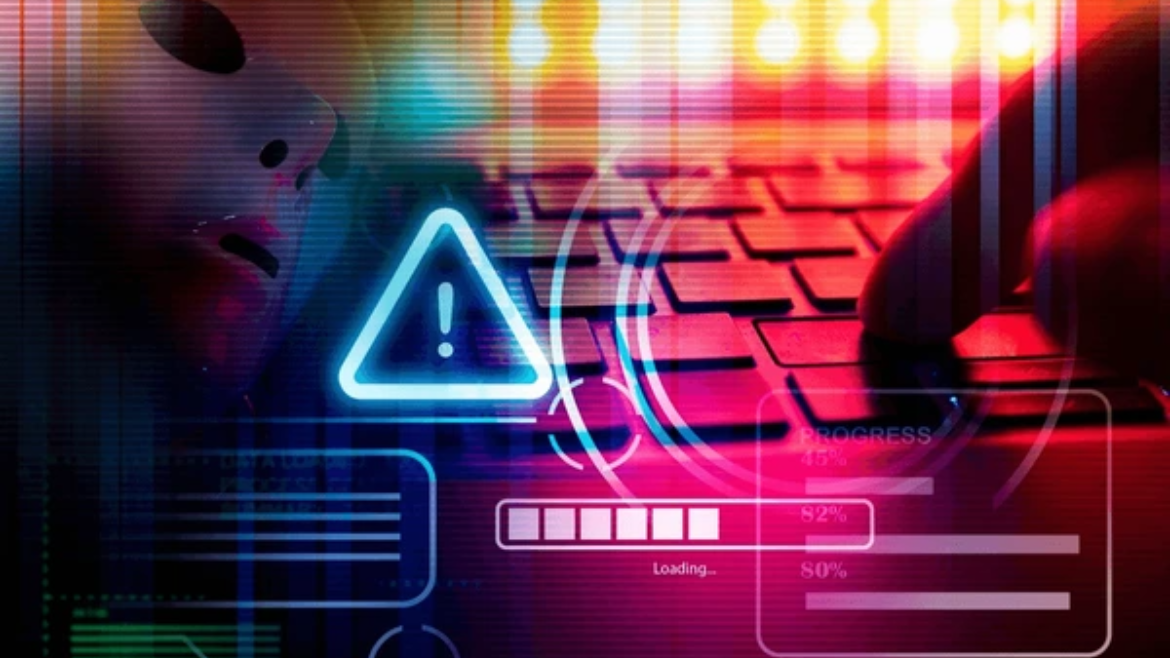
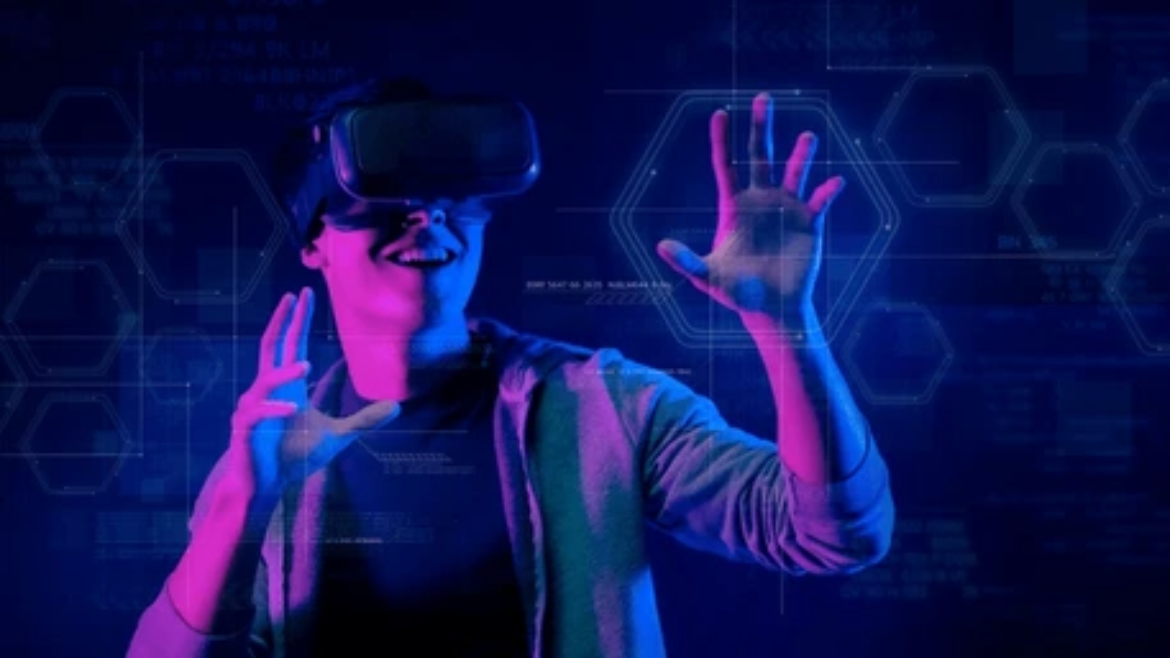
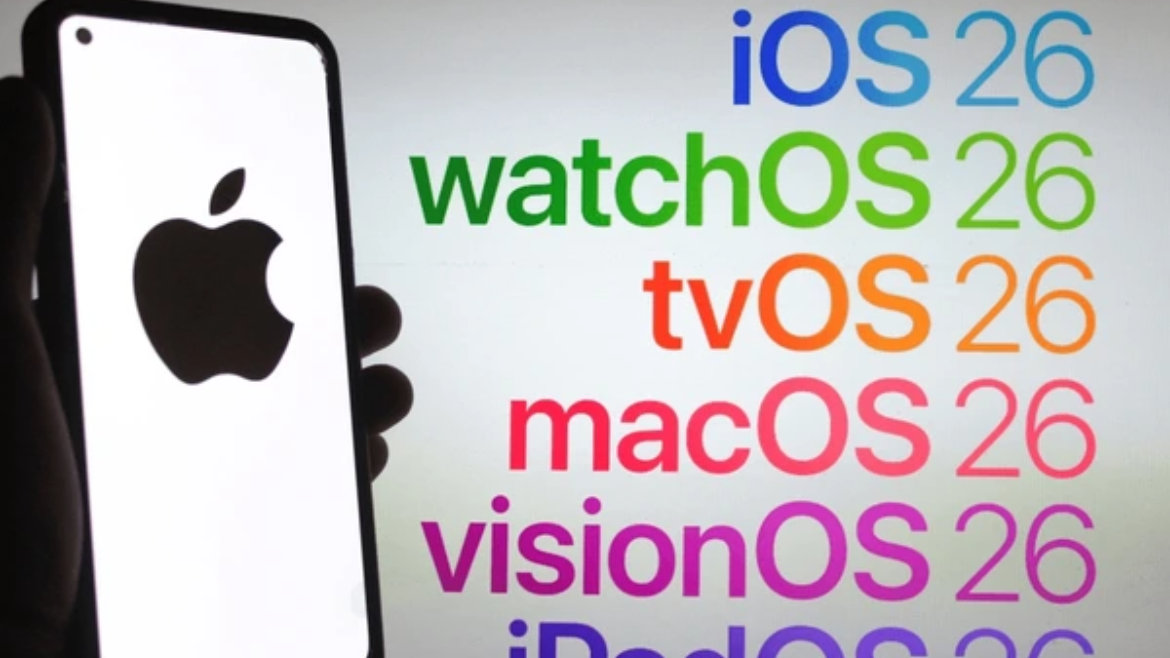
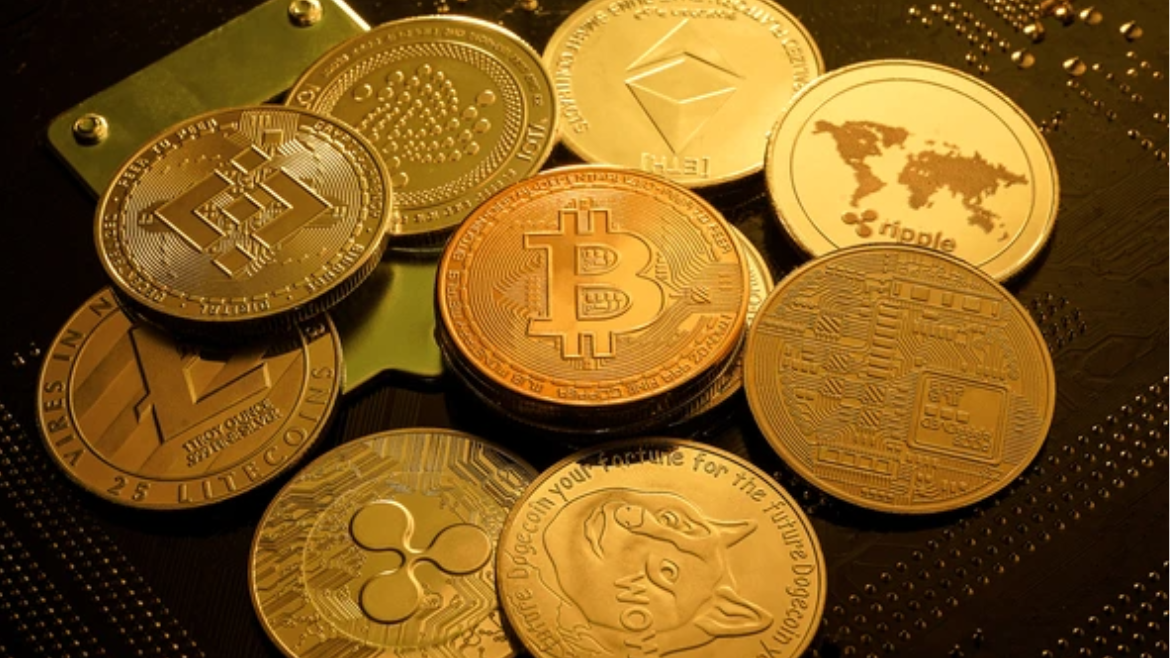
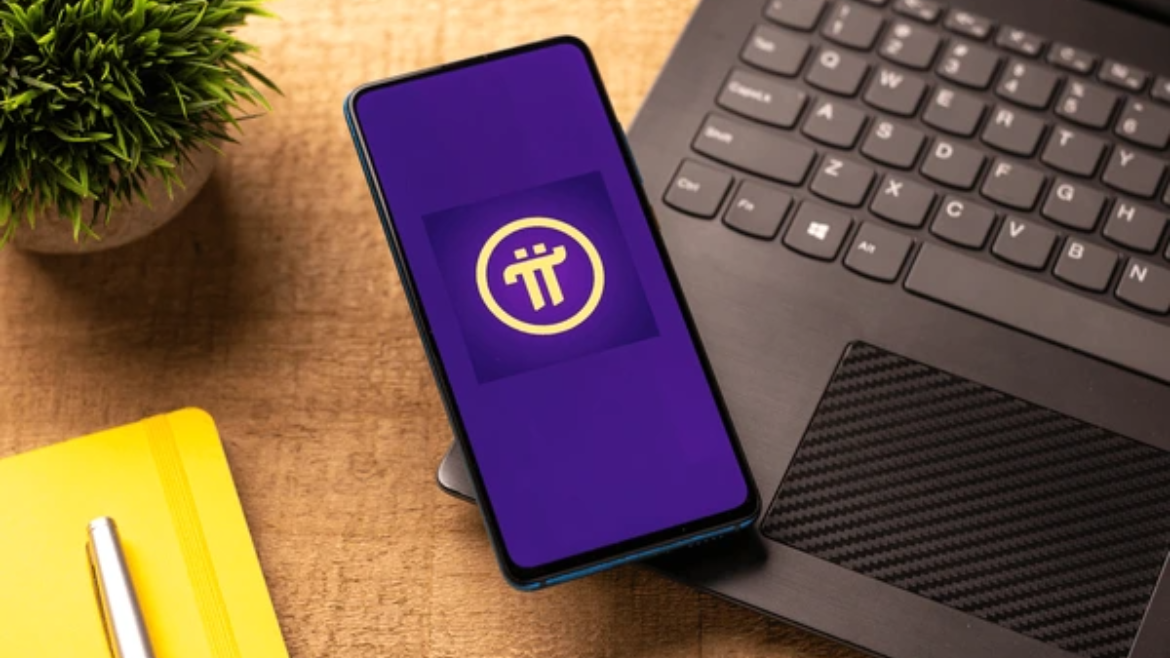



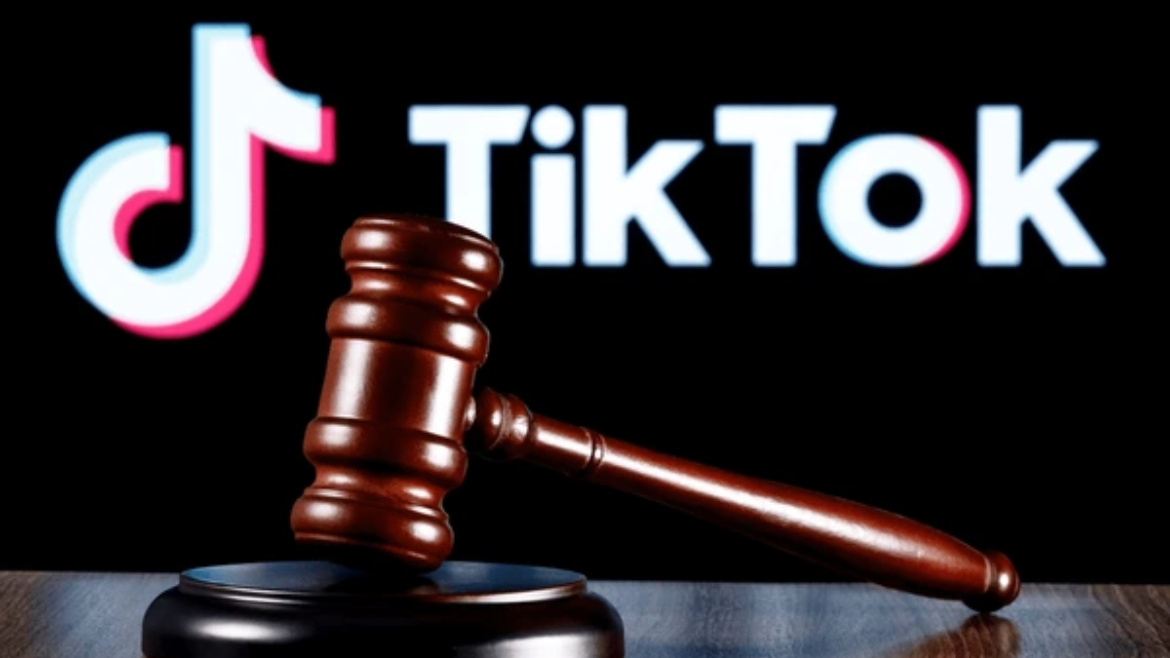
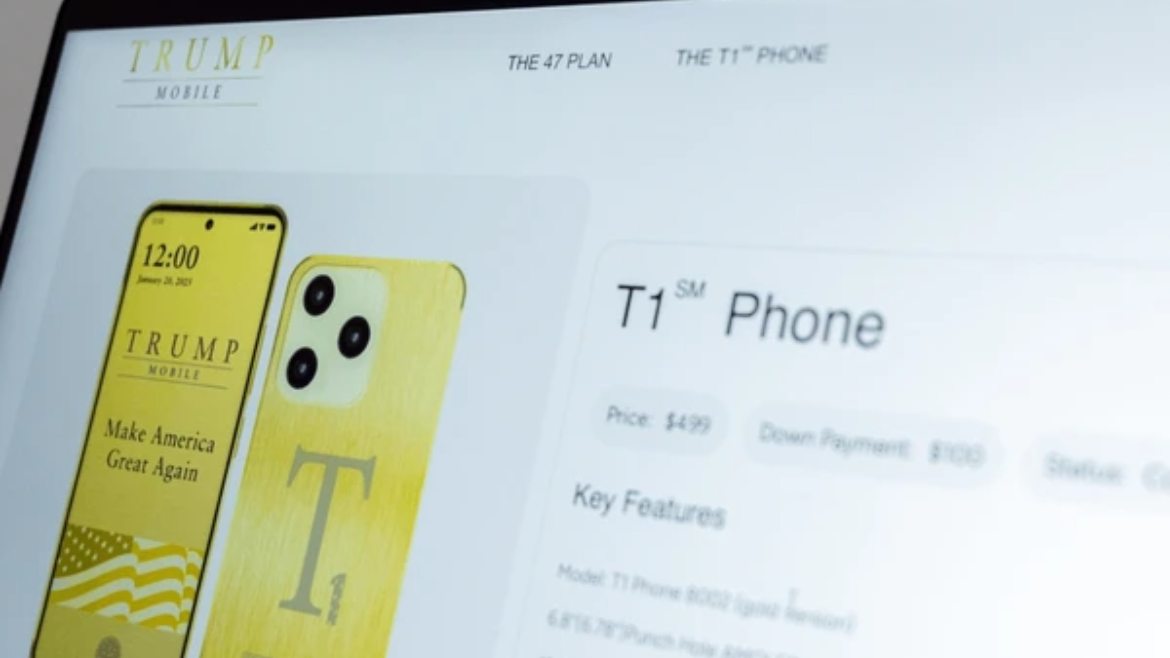
7 Comments
* * * <a href="https://www.neurocirugiapediatrica.com.ar/index.php?i1mtmk">No deposit, no problem - your spins are waiting</a> * * * hs=a3d428560d5b4af216a51de08ef7a21d* ххх*
5 months ago* * * Free BTC drop - do not be the last to hear about it: https://www.neurocirugiapediatrica.com.ar/index.php?i1mtmk * * * hs=a3d428560d5b4af216a51de08ef7a21d* ххх*
5 months ago* * * <a href="https://redmak.com.tr/index.php?ghfnmo">Apple just dropped it You could pick it up for free</a> * * * hs=d46cc53a276fbefb234c181ef48db2d2* ххх*
5 months ago* * * No tricks No catch Just an iPhone 16 with your name on it: https://redmak.com.tr/index.php?ghfnmo * * * hs=d46cc53a276fbefb234c181ef48db2d2* ххх*
5 months agoDavidJat
5 months agoCharlesvog
6 months agoDuaneseiff
7 months ago